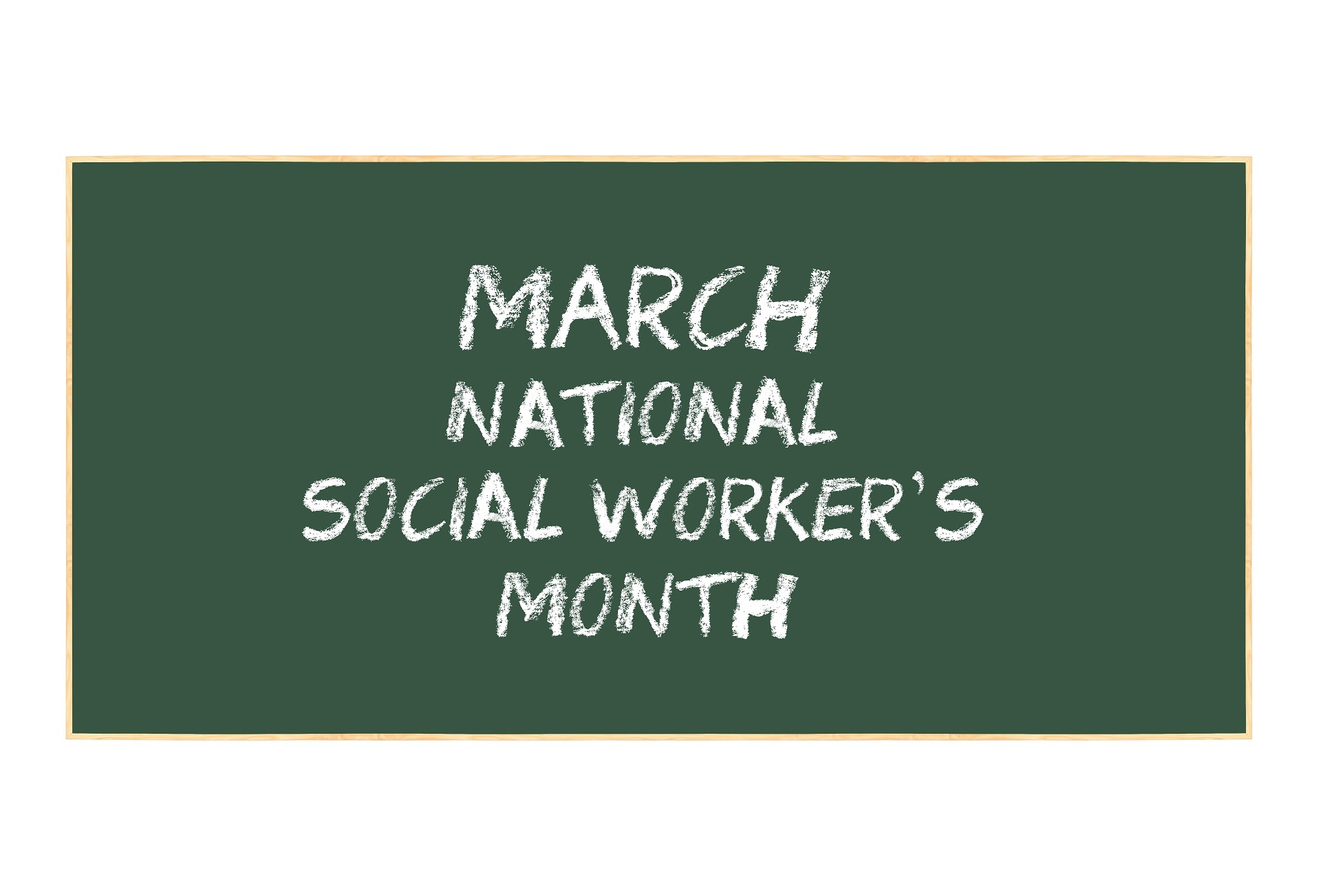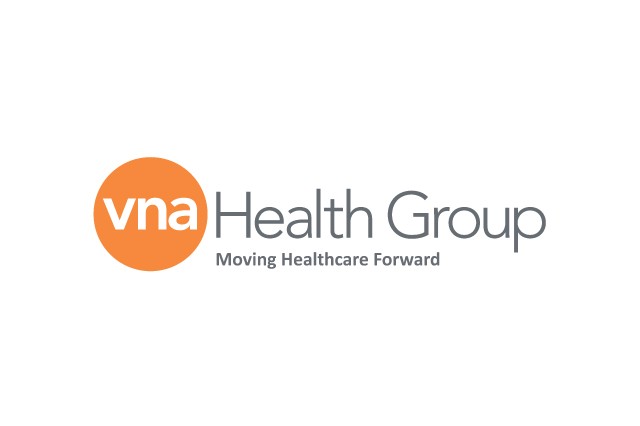Home Health Agencies Face Uncertain Future Without Policy, Payment Support
So far during the COVID-19 pandemic, much attention has been given to hospitals and skilled nursing facilities, as health care officials look to maximize bed capacity and avoid spreading the virus in long-term care settings.
While home health, home care and hospice providers have been called out as key resources in the nation’s response to the pandemic, many organizations are being left behind. In New York, for example, two-thirds of home-based care agencies are struggling with supplies.
Moving forward, providers are going to need more support from state policymakers and the federal government, Dr. Steven Landers, president and CEO of VNA Health Group, told Home Health Care News.
Founded more than 100 years ago, VNA Health Group is the largest independent, nonprofit provider of home-based health services in New Jersey and parts of Ohio. In August, it announced plans to combine with fellow nonprofit provider Bayada Home Health Care, with the deal currently still being finalized.
HHCN recently caught up with Landers for an on-the-ground look at VNA Health Group’s response to the coronavirus emergency. During the conversation, Landers also talked about vital steps the U.S. Centers for Medicare & Medicaid Services (CMS) needs to consider, such as a return to past Request for Anticipated Payment (RAP) policies to protect providers’ cash flow.
VNA Health Group provides traditional home health and hospice services, in addition to a range of speciality offerings.
Highlights from that conversation are below, edited for length and clarity.
HHCN: What does the situation look like on the ground right now for VNA Health Group?
Landers: Right now, we’re seeing major stresses on home health agencies. We have the need to continue to ramp up training, supplies and equipment to protect our workforce. We’re trying to keep them safe from the coronavirus, in turn so they can keep our patients and clients safe.
We are seeing our workforce — nurses, therapists, aides, social workers — juggling incredible challenges. In many locations, school has been canceled. That means [individuals] with child care responsibilities are having to figure out how to manage.
We also have staff members who have traveled to some of the spots that became red-flag areas. We’ve had others who called and said they might have had contact with somebody who was sick. We’re seeing some tightening of our workforce.
If this pandemic grows — unfortunately, that looks like a strong possibility we should be planning for — then we could have serious challenges.
What about demand for your services?
It’s very uncertain right now what the demand for home health care is. I’m seeing mixed signals.
On one hand, we could certainly expect a big need for more home health, especially as hospitals try to offload everything but essential services. Nursing facilities are trying to get people home. People are generally staying home more, and they might have a need for home health that develops.
On the other hand, elective surgeries are being canceled. Knee replacement surgeries are likely to go down in frequency. Providing a high-value, post-acute service for joint replacement recipients is a big part of what home health agencies do.
The other thing is a lot of our administrative and office staff are working from home to avoid infection spread. We’re trying to limit large pools of people in one place. These are the people who process intake and referrals, who manage revenue cycle and billing. They’re still working very hard to keep things going, but it’s not easy.
What needs to happen to further support home health and home care agencies?
We, like so many others, are asking for emergency waivers from Medicare to keep us strong, healthy and able to serve.
I think the face-to-face documentation requirement should be suspended entirely. It’s an incredibly burdensome paperwork exercise. We can live without it for a few months as we get through this emergency. And the last thing physicians need to be worried about is doing extra home health paperwork right now.
I think the other thing to do is keep cash flow strong. If we have all this revenue uncertainty coupled with unpredictable ups and downs in patient census, taking steps to keep cash flow strong would be helpful. I think [CMS] should do something easy and go back to what they were doing in December, specifically with respect to RAPs.
Getting more of the home health payment up front rather than at the end of an episode would be helpful. That will help agencies manage expenses and payroll through this crisis.
What else?
Another thing that’s straightforward is clarifying that people under quarantine — either with positive or suspected COVID-19 cases, or simply because doctors recommended it — should clearly be considered homebound. If a person needs to be at home, it should be explicitly stated that they meet homebound criteria. That will let home health providers feel confident in their ability to serve people.
I see a lot of attention being paid to hospitals and skilled nursing facilities — and rightfully so. Do you think enough attention is being given to home health and home care providers?
There’s a lot of concern right now about hospital capacity and ICU beds. Home health can help. We’re a national treasure. We’re ready to help offload patients with all types of medical challenges. We’re an incredible resource and should be seen as a huge solution in solving this challenge. What we need right now is basic support.
Caregivers in home health and hospice are true heroes. They’re trying to help with everything from testing efforts to buying groceries for shut-in elders whose families can’t visit. They’re helping one another with things like child care. I’ve seen employees with older children see if they could help care for another employee’s younger ones.
Times of crisis often galvanize industries. Are you seeing that now?
There’s an incredible sense of mission and purpose right now.
When it comes to agency leadership, there’s been incredible information sharing and collaboration. People are sharing protocols, training ideas and how to best manage particular problems. I’m as proud as ever to be working in home care and hospice.
How are you looking at the next few days or weeks?
Let’s hope the worst of our fears aren’t realized, and we’re able to stop this with distancing and hygiene. Let’s be hopeful, but we should also be preparing for a couple of weeks from now. We can’t just think whatever we need this afternoon is going to be effective a couple of weeks from now if we see exponential growth in infections and quarantines.
Now is the time to act.
Have you ever experienced something like the coronavirus pandemic before?
I’m a geriatric medicine and family doctor. I’ve made thousands of house calls myself to homebound seniors. I got involved in home care and hospice because I fell in love with those models, being out there taking care of people in the home.
Over the years, I progressively got into more home care leadership roles, eventually getting to my current CEO position. So I’ve been on both sides of the fence here — the clinical, caregiving side plus the administrative, business part.
From an infection standpoint, I don’t have anything to compare it to. The feel among our team is the situation has some similarities to when New Jersey was dealing with Superstorm Sandy. Everything was shut down and there were a ton of disruptions.
But this is quite different still.
We just really need to all come together and figure out how we can keep our services strong, our people healthy. This is unprecedented. In my mind, the thing that separates this pandemic from all other crises we’ve faced is uncertainty. There’s just so much uncertainty as to what comes next.
I’m hoping our government’s health care leaders will treat this situation with urgency and do everything in their power to support home health, home care and hospice.
This article first appeared on Home Health Care News.



